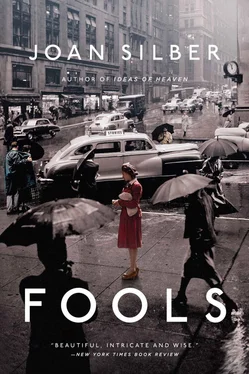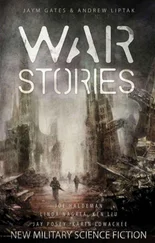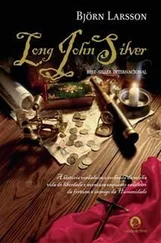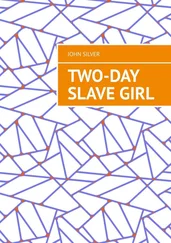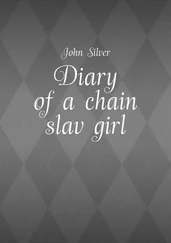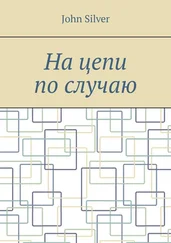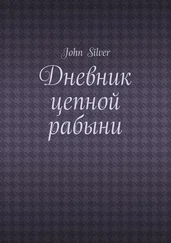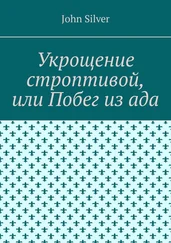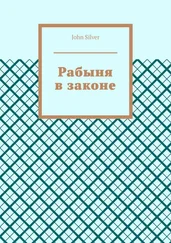I had no money for a ticket, unless, of course, I skipped this month’s alimony. If a man happened to be behind on such a thing, was it illegal for him to leave the country? I had the feeling it was wiser to keep my plans to myself. The thing was to go soon and stay as long as I could. Not that I had any savings for such a move. But I was the one whose job it was to pick up the cash from the front desk, tally the accounts, and put all those greenbacks in the safe. When not all of it reached the safe, the ledgers (kept by me) didn’t show any such loss. I had some guilt about doing this, some edginess as I walked down the halls with a secret lump in my briefcase. I did it five times, and each time the thefts also made me a little high.
I packed my clarinet in its black leather case, with a decent supply of reeds, and two valises. I told my family I was going off to Gigi’s, and I drove to the airport and boarded a plane to Paris. Simple as that. My plane left at sunset, when the sky was hot orange and strange. What dream did I think I was in? I was drinking, or I might have treated my parents better, but what liquor made me see was not entirely wrong. The mess I’d made of things was from a spirit in me that could get grim and fiendish or could spill into a brighter night.
The unsimple part was that I had no idea at all what to do when I landed. I got lost in the airport trying to read signs with my high school French. All I could think of was to take a cab to the hotel where Melanie and I had stayed, that elegant hulk near Avenue Foch. How jaded I felt, walking again into the gilt-and-curlicued lobby. They had no room and sent me around the corner to a dowdier place, a curtained fortress of iron balconies. Tired as I was, I put pillows against the door of my room and I took out my clarinet and began to play “Au Claire de la Lune” very, very slowly. The skin on my palm was still stiff from the burn I’d gotten in the fire, but the slowed tune had a sweet drag to it. I waited for someone to knock and tell me to be quiet (I was afraid of French people being fierce), and no one did. And then I fell asleep in my clothes.
Early the next day, I woke up dull-headed but dazzled that I wasn’t in Tampa with Gigi. I had to go out to the American Express office to telegraph my parents, to keep them from worrying I was dead. HAVE TAKEN DETOUR TO PARIS , I wrote in my telegram. Perhaps they would all be envying me my adventure.
I walked all day, following my nose, fueled on caffeine and a panic close to joy. How cheap things were here. I bought a pack of Gitanes for almost nothing, I bought a pitcher of wine at lunch for spare change. I settled on a bench in a park and watched a child and her mother feed pigeons. I must’ve looked very American (no European had a haircut that short in 1962) but no one bothered me, no one cared.
It was October, but I ate outside that night at a pretty restaurant with tables on the sidewalk. Some very good-looking women walked past me, while I savored my entrecôte and drank my Pomerol. One went by in a chartreuse coat, and I said, “What a nice color.” I said it in English, and she answered me by asking if I knew her friend Barbara in New York. (She said Bar-bar-a , sounding each syllable.)
“Oh, yes,” I said. “I know her well. A lovely person.”
“Maybe she says you are very nice too,” the woman said.
She looked to be about my age. She was a pale girl with blots of pink in her cheeks and dark hair neatly trimmed. There was nothing vulgar in her looks, and yet she was flirting with a stranger.
“I am a student,” she said. “You are a student?”
I was not eating in a students’ restaurant, that was for sure. I considered saying I was in school, if she wanted that. “I own a few hotels,” I said. “What are you studying?”
She was reading American literature and she very much liked Hemingway and Faulkner (which she said Foke-ner ). “You know where is Mississippi?” she said.
I said I was from Florida, which was farther south and even warmer than Mississippi.
“I like the warm countries,” she said.
“Would you like to sit down?” I said. “Maybe have a bite to eat?”
This expression made her laugh—“Bite you?”—but she did sit. When would her studies be done, and what would she do then? “I will starve,” she said.
She might have been starving now, from the way she ate the steak she ordered. She cut and chewed with charming speed. Did I enjoy Paris, she asked, did I want to see more of Paris, she could show me.
No wonder this city wasn’t so great with Melanie, I thought. The woman’s name was Liliane, and I wanted her to see my hotel, which I thought she’d admire, but the staff might give me a hard time if I took her to my room. Some hotels were like that and some weren’t.
In the end, after we’d gone through more wine, I walked her (with my hand at her chartreuse back) to a taxi stand, and I gave the driver some bills to take her wherever she lived. She was coming the next day to show me very fine things. I got in some extensive kissing before she took off. I wasn’t sure she was really coming back the next day, but I was okay with that.
The sight of her in my lobby in the morning was like a jolt of pure adrenaline, like a drug anybody would pay bags of gold for. She walked me all over the Eighth Arrondissement and the Seventh. I didn’t really care all that much about churches — why did she think I wanted to see them? — but these were necessary foils to our actual mission. A chill wind blew leaves at our feet. She shivered with cold in her chartreuse topper, and I showed off by gazing into the window of some illustrious store on the Rue de Rivoli and buying her a very snappy red wool coat right then and there. I admired the casual way she slipped on different models, her lack of cloying thanks. Once the coat was bought, we were more intimately tied.
I wouldn’t have done this at home — buy an expensive present for a woman I’d only just met. At home I didn’t have to. Everyone knew who I was. Here I was unknown even to myself, at the perilous start of who could say what. Her English made my English more stilted, and I had only my dollars to help me. I had to do what I could to make everything go well.
And so it did. We had a bang-up dinner in a bistro she picked on Saint-Germain-des-Prés and then she took me to hear jazz in a club, which was just what I wanted to do. I had to drink many coffees to stay awake, which sobered me slightly, and I heard, truly, the saxophone waiting, talking, waiting, while the drum muttered back and the bass laughed at them. I’d heard better groups, but not in person, and my skin could take in all the vibrations, my breath followed all the bypaths. Liliane said they were having a good night.
It was perfectly natural to go home to Liliane’s. She lived in an ill-lit and probably crummy neighborhood (where were we?) in the tiniest apartment I’d ever seen, a closet with one window and a hot plate. “Welcome, Mr. America,” Liliane said. The bed was soft, a pale grove of softness, and I passed out before we did very much.
I was in better shape in the morning. As a lover, Liliane was playful and poised — well, I might have guessed that. Was she freer than American women? Maybe a little. She was, I would say, less serious, less stagy, and less afraid to walk around without her clothes. “You are happy?” she said to me, as we sat up in bed, sharing a bottle of water. It was not an intelligent question, but I didn’t mind it, I didn’t mind anything.
“Sure,” I said.
It was not a lie, not at all, but a few other things I said were. I told her my family had a hotel in Algiers and one in Vienna. I told her I’d gone to Yale, which she’d never heard of. Why did I think my freedom was in making things up? I enjoyed my own stories. Liliane probably didn’t believe everything either. The fire that burned the hotel in Palm Beach to the ground, the crazy wife of mine who pitched a diamond necklace into the Atlantic Ocean—“ Mon dieu !” Liliane said, but not convincingly.
Читать дальше
